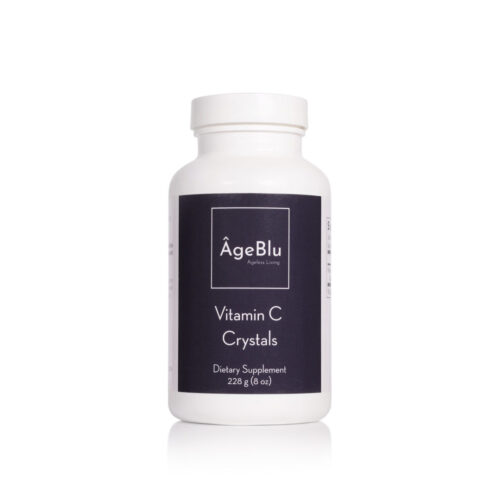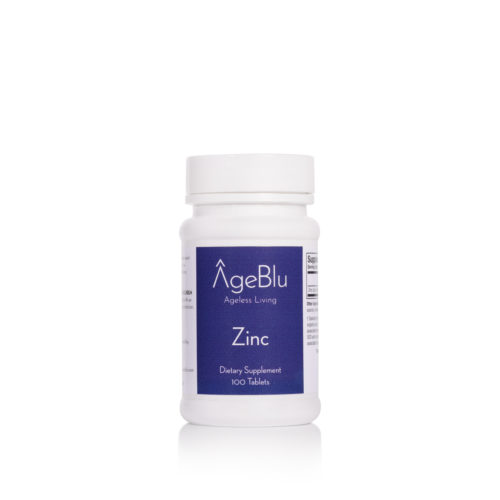We hear the word inflammation a lot but what is it exactly and why does this buzzword circulate health and wellness conversations so much? Tessa Cobucci FNP-C and a certified American Board of Anti-Aging nurse practitioner at 2UMedical breaks it down for us.
What is inflammation?
Inflammation is the body’s immune system’s response to an irritant.
What causes inflammation and how does it relate to functional medicine?
Typically, we think of infection or chronic illnesses as the primary source of inflammation but there are other, more subtle, things that can be contributing to inflammation like food sensitivities, weight gain, or poor gut health. Functional medicine is important because we dig deeper to determine the root cause of illness. For example, if a patient has hives or chronic fatigue, we consider additional tests that are not typically ordered.
Is there a way to measure inflammation in the body?
Yes! We start with a blood test. We check for a marker called C-reactive protein, which is the marker of acute generalized inflammation. Then if we are suspicious of an autoimmune presentation, we will check something called sedimentation rate or anti-nuclear antibody to look for an autoimmune cause for inflammation. From there, if we think food sensitivities or poor gut health are contributing, we do a comprehensive food sensitivity test as well as a stool test to uncover other sources of inflammation.
How do we treat inflammation?
Inflammation is treated with a variety of measures. First, we look at diet and lifestyle – what are they eating? Are they consuming inflammatory foods like gluten, sugar, or dairy? Do they need to drink more water? Do they need more exercise? Then we look at vitamin levels. Maybe they need some immune support with some anti-inflammatory vitamins like Vitamin C, Vitamin D, and Zinc. From there, we look at other options like peptide therapy, IV therapy, and hyperbaric oxygen therapy – all these therapies treat underlying inflammation. And again, elimination of food sensitivities and gut health are key.
How does the immune system play into inflammation?
The immune system can become compromised if there’s underlying inflammation but it’s kind of a chicken or the egg situation. Is the immune system decreased because of inflammation or is it the other way around? I would say if you have inflammation, certainly your immune system is going to take a hit and if you have conditions that affect the immune system inflammation is going to be present.
How does that affect aging?
Inflammation can affect aging because inflammation will contribute to a weakened immune system. When you have a weakened immune system, your body has to work harder to keep up with the demands on the body and can accelerate the aging process. In essence, inflammation is one of the root causes of premature aging.
What are your favorite ÂgeBlu supplements that address inflammation?
Our Vitamin C Crystals, our Super D3 (Vitamin D), and Zinc are a great place to start for overall inflammation. Additionally, peptide therapy can be helpful.




